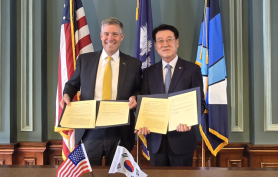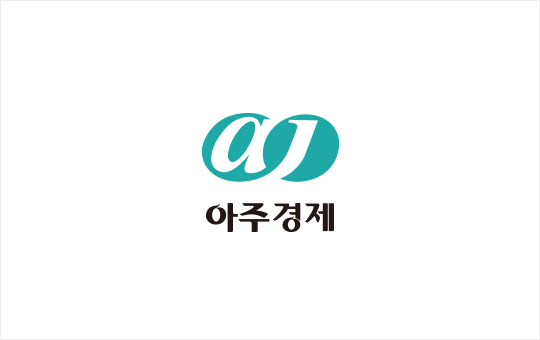
In September 2025, Bogota welcomed its first-ever metro train, a sight that many Colombians thought they might never live to see.
After seven decades of delays, false starts, and political infighting, the arrival of a sleek Chinese-built train was celebrated across the Colombian capital as a long-awaited triumph. But for South Korea, watching from afar, it should serve as something else: a moment of reckoning.
As someone who worked closely on infrastructure cooperation between South Korea and Colombia from 2022 to 2024, I saw both the potential and the frustration. Colombia, a country of 50 million people and one of Latin America’s most important economies, has long been desperate to modernize its transportation systems.
Its commuters endure some of the longest daily travel times in the region. The Bogota metro project — Line 1, a $5 billion contract awarded to a Chinese consortium — is only the beginning. A second line is already on the table, and more will follow.
Yet despite years of bilateral goodwill — Colombia was one of the few Latin American nations to send troops during the Korean War — South Korea has been conspicuously absent. Not a single Korean company bid for Bogota's Line 2, even though Colombian partners showed real interest in their participation.
Meanwhile, Chinese firms secured Line 1 and are well positioned for the future, deepening Beijing’s footprint in Latin America.
Why did South Korea miss this chance? The answer lies not in cost competitiveness or technical capacity. Korea’s construction and engineering companies are world-class, and Colombian officials welcomed their expertise. The problem was structural: South Korea has not learned to combine economic logic with diplomatic strategy.
Large-scale infrastructure projects are not decided on spreadsheets alone. They hinge on early engagement, policy financing, and above all, visible political support. China understands this. Its success is not simply a matter of offering cheap loans — those account for only a fraction of its advantage.
What matters more is the full package: state-backed finance, government-to-government frameworks, and a willingness to stand behind its companies in tough negotiations.
South Korea, by contrast, has treated projects like Bogota's metro as primarily a private-sector issue. But companies hesitate when they don’t feel their government’s weight behind them. Institutional gaps and corporate caution combine to create paralysis. By the time opportunities arise, the window has closed.
The arrival of Bogota's first metro train is more than a civic milestone. It is also a geopolitical signal.
Latin America’s infrastructure needs are vast — estimated by the World Bank and Inter-American Development Bank at 3 to 5 percent of GDP annually — yet the region invests less than half that. Whoever steps in to fill the gap will not only shape Latin America’s cities but also its political alignments for decades to come.
For South Korea, this is the lesson: rhetoric about friendship and cooperation is not enough. What counts is showing up at the right moment with the right tools — financing, technology, training, and political will. Colombians celebrated the train’s arrival not because it was Chinese, but because it finally happened. If South Korea wants to be part of Latin America’s future, it must move beyond missed opportunities and offer timely, tangible support.
History rewards those who respond when it matters most. Bogota's metro is proof of that — and a reminder to South Korea that time waits for no one.
About the author
-Global Ambassador, Korea Railroad Corporation
-Senior Advisor, Dentons Colombia
* This article, published by Aju Business Daily, was translated by AI and edited by AJP.
Copyright ⓒ Aju Press All rights reserved.


